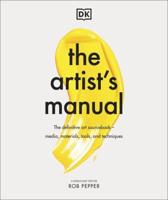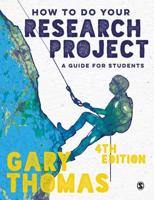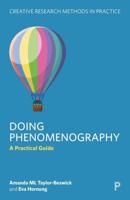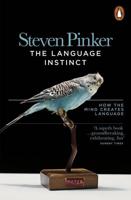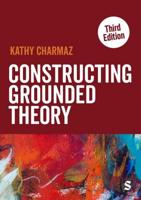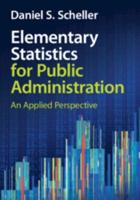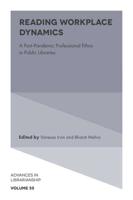Publisher's Synopsis
The American Psychological Association is proud to announce the publication of an invaluable addition to your reference shelf, one that represents a major scholarly and editorial undertaking. With over 25,000 terms and definitions, the ""APA Dictionary of Psychology"" encompasses all areas of research and application, and includes coverage of concepts, processes, and therapies across all the major subdisciplines of psychology. Ten years in the making and edited by a distinguished editorial board of nearly 100 psychological scholars, researchers and practitioners, the ""APA Dictionary of Psychology"" is destined to become the most authoritative reference of its kind. ""APA Dictionary of Psychology"" includes: 25,000 entries offering clear and authoritative definitions; thousands of incisive cross-references directing the user to synonyms and antonyms, acronyms and abbreviations, and related terms and concepts that deepen the user's understanding of related topics; and balanced coverage of over 100 subject areas across the field of psychology including clinical, experimental, neuropsychology, cognitive, personality and social, developmental, health, psychopharmacology, methodology and statistics, and many others. Entries include nearly 8,000 terms from the ""APA's Thesaurus of Psychological Index Terms[registered]"" which helps students and researchers refine their APA database searches (such as the flagship PsycINFO[registered] bibliographic database's 2 million records). It also includes ""A Guide to Use"" and ""Quick Guide to Format"" that together explain important stylistic and format features to help readers most effectively use the Dictionary. Each of four appendices gathers terms into a thematic summary listing, covering biographies; institutions, associations and organizations; psychological therapies and interventions; and psychological tests and assessment instruments. It contains thumb tabs for locating definitions quickly and easily. Academicians, researchers, clinicians, undergraduates and graduate students, and professionals in allied mental health, education, medicine, and law, as well as academic and public libraries, will find the Dictionary essential.


